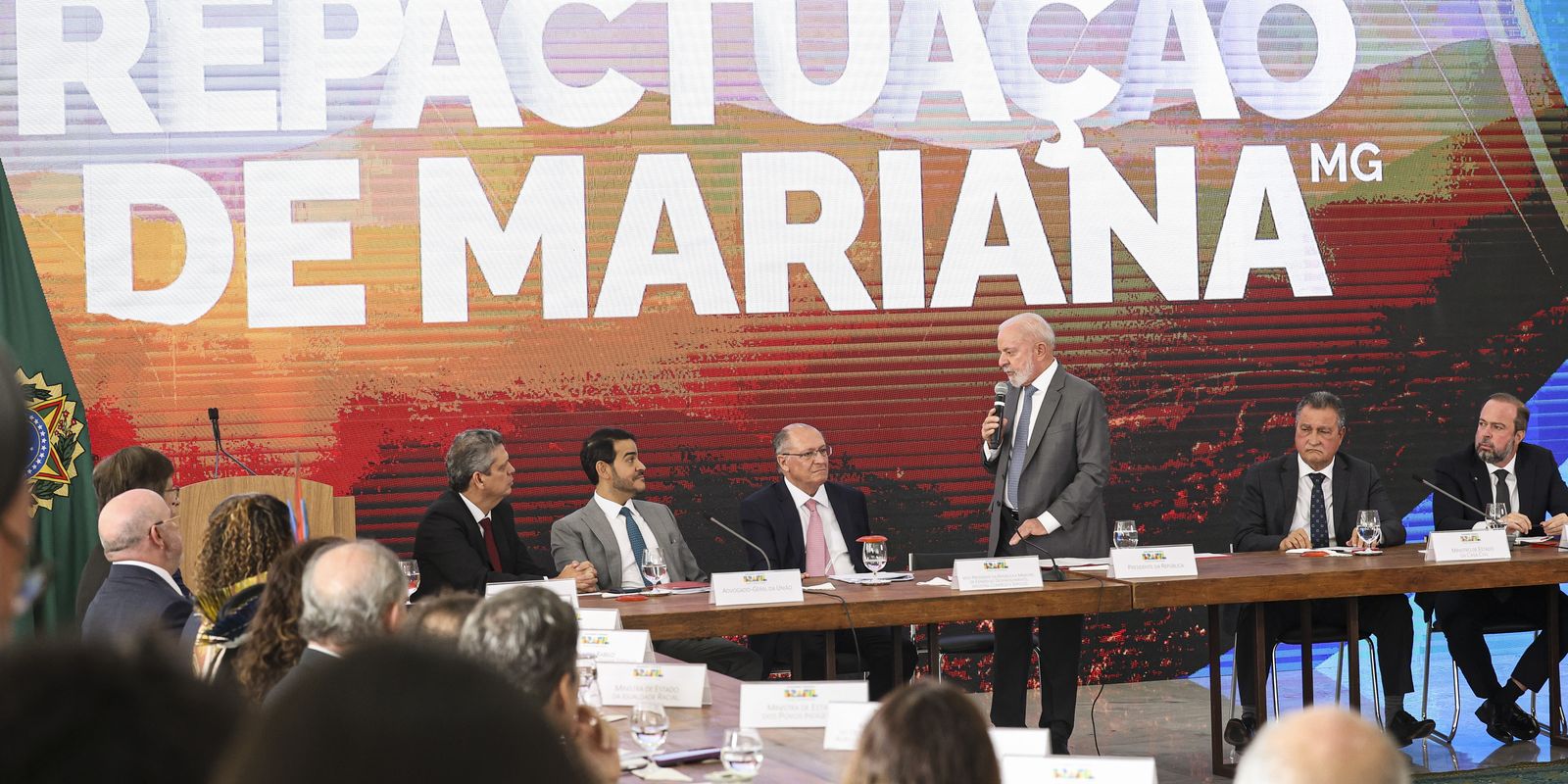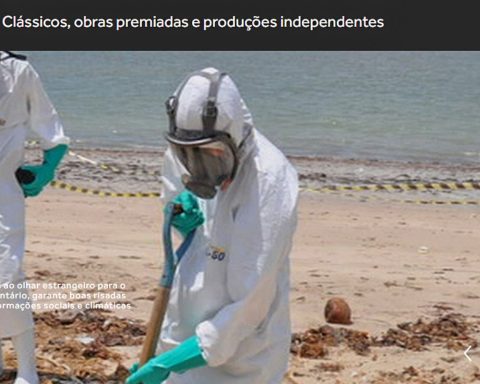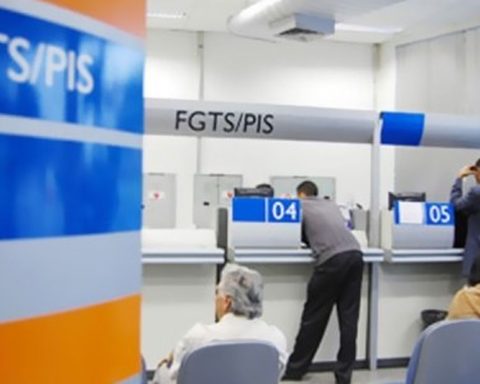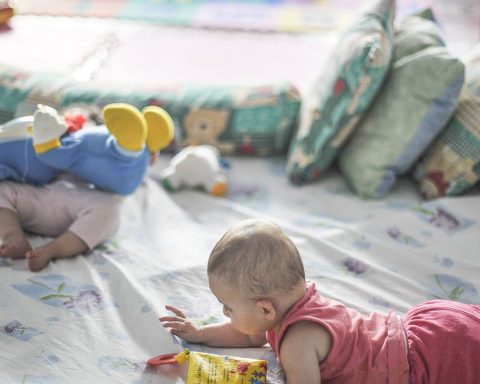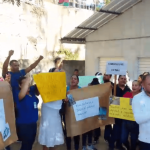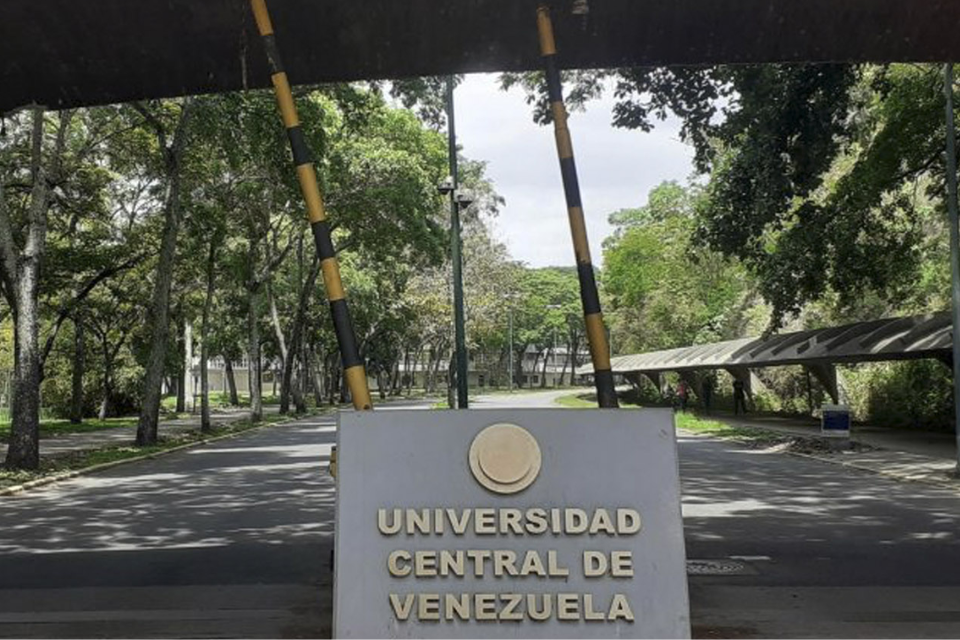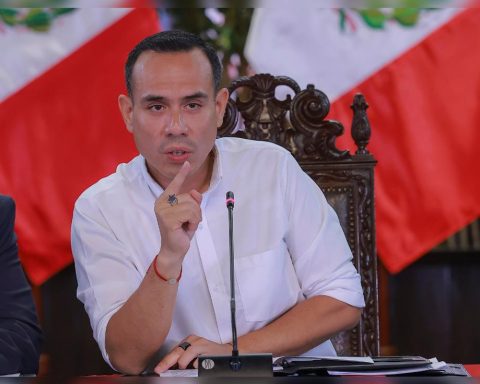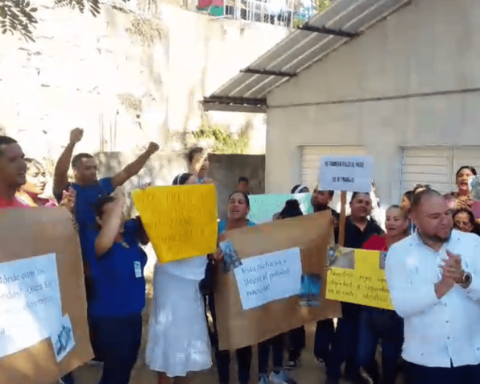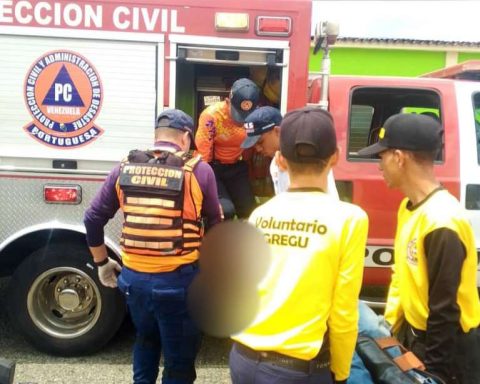The federal government signed, this Friday (25), an agreement to pay R$ 132 billion in compensation to companies involved in the Mariana tragedy, in Minas Gerais, in 2015. The amount aims to repair the losses caused by the dam collapse do Fundão, managed by Samarco, a company controlled by the mining companies Vale (Brazilian) and BHP Billiton (Anglo-Australian).
The first agreement to compensate the victims was signed in 2016, but it was already known that a renegotiation would be necessary given the scale of the tragedy. Several legal actions were also opened regarding the case. In 2018, negotiations resumed.
Of the R$132 billion provided for in the agreement, R$100 billion are new resources that must be paid within 20 years by companies to the public authorities, to be applied to various actions. The companies will also allocate R$32 billion to pay for compensation for affected people and reparation actions that will remain under their responsibility.
They also claim to have already disbursed R$38 billion in socio-environmental repairs, through Renova Foundationcreated by companies to conduct repair actions. With the signing of the agreement, the foundation will be dissolved, and Samarco itself will assume the obligations.
In a ceremony at Palácio do Planalto, President Luiz Inácio Lula da Silva called for investments in preventing this type of event.
“I hope the mining companies have learned a lesson. It would have been much cheaper to have prevented what happened, infinitely cheaper. It certainly wouldn’t cost R$20 billion to avoid the misfortune that happened,” said Lula, criticizing privatization models.
“It is very difficult to negotiate with a corporation that we don’t know who the owner is and that there are a lot of people giving their opinions. And that, often, the money that could have prevented the misfortune that happened is used to pay dividends”, he added.
Lula also demanded from all public agents involved that the actions be closely monitored, to guarantee reparations to the victims. “We are not dealing with strange things, we are dealing with human beings. We will possibly never be able to recover all the losses that these people suffered, which includes psychological damage, in addition to the deaths, there is the loss of things that people liked and that they will never see again and that have no substitute”, he said.
Mariana’s human and environmental tragedy occurred on November 5, 2015with the collapse of the mining tailings dam. The district of Bento Rodrigues was completely destroyed by mud. Nineteen people died, three are missing to this day and 600 people were left homeless.
Approximately 40 million cubic meters of toxic waste were dumped into the environment, reaching 49 municipalities in Minas Gerais and Espírito Santo. The mud traveled 663 kilometers through the Rio Doce Basin, until it reached the sea on the coast of Espírito Santo.
The Union’s attorney general, Jorge Messias, explained that the negotiations made until then were insufficient, and new negotiations took place in 2023 and 2024, already under the Lula government. The terms did not provide, for example, for the removal of waste, collective health actions and individual compensation, which are provided for in the new renegotiation.
“Today we are delivering a possible agreement,” said Messias. “[Quero] to say to the victims, to the population of the Rio Doce Basin, that we have sides and that they have no doubt that every agreement that was constructed was in response to the communities’ historical demands”, he added.
Victims
The Movement of People Affected by Dams (MAB), which represents the victims of the tragedy, stated, however, that it did not have a seat at the negotiation table for the renegotiation, “which was denied on the grounds of secrecy by the companies and the Judiciary”, but acknowledged the importance and progress of the agreement.
“We hope that the various programs that are planned will be carried out, even MAB helped to propose several of them. The most collective part is an advance in the agreement,” he told National Radio the national coordinator of MAB, Joceli Andrioli, demanding the participation of those affected in implementing the agreement and monitoring actions.
For the movement, the agreed amount is insufficient to achieve full reparation for the rights of those affected and the environment. “In this sense, the fight continues for fair compensation,” said Andrioli, explaining that a big gap is individual rights, where the amounts are very low, R$35 thousand for those affected in general and R$95 thousand for fishermen and farmers. affected.
“We recognize the importance of the agreement and its advances for those affected, although it has shortcomings. The crime in Mariana and all the violations resulting from it are a direct result of the privatization process, which exploits all Brazilian people, appropriates our wealth and exclusively benefits the financial system and the greed of big capital”, explains the movement, in a note.
In 2023, Vale recorded a net profit of R$39.9 billion, while BHP had profits of almost R$45 billion in the fiscal year ending in June this year.
On the other hand, in the new agreement, the movement highlights some advances that “have always been present in the agenda of struggles”. They cite the State’s leading role in conducting the reparation process as positive; specific funds allocated to indigenous peoples, quilombolas, traditional peoples and communities, women, fishermen and family farmers; and the constitution of the perpetual fund for health actions, the continuity of independent technical advice, sanitation policy, economic recovery, fund for floods, infrastructure and environmental issues.
“We consider that, after nine years of injustice, suffering and rights violations, the proposed agreement opens a scenario of opportunities for important achievements, the result of an intense process of struggle by the affected populations and the allied forces, throughout the Rio Doce Basin and coast of Espírito Santo”, adds the note.
The agreement signed today will be approved by the Federal Supreme Court (STF) in order, according to the Court, “to avoid the continued judicialization of various aspects of the conflict [no Brasil] and the prolongation of the situation of legal uncertainty”. Until then, the actions were handled by the Federal Court in Minas Gerais.
In London, another compensation action began to be judged this week. THE process involves around 620 thousand victims and seeks that the mining company BHP Billitona Samarco shareholder based in the United Kingdom, is ordered to pay compensation. The trial is expected to last until March 2025 and another three months for British judge Finola O’Farrell to pronounce the sentence.
To switch off
Of the total R$100 billion to be paid to the public authorities, R$40.73 billion will be allocated directly to those affected. Another R$16.13 billion will be invested in environmental recovery. A portion of R$17.85 billion will be reserved for socio-environmental purposes with reflections on those indirectly affected and the environment.
R$15.6 billion is planned for improvements in sanitation and highways, while the remainder will be allocated to the affected municipalities (R$7.62 billion) and for institutional applications, transparency and other purposes (R$2.07 billion).
The first installment, worth R$5 billion, must be paid 30 days after signing the agreement and will follow a continuous payment schedule, year by year, until 2043. Annual amounts vary between R$4.41 billion, expected for the last installment, in 2043, and R$7 billion, the highest to be paid in one year, in 2026.
Among the actions planned by the federal government is the Income Transfer Program (PTR), under the responsibility of the Ministry of Agrarian Development and Family Agriculture (MDA) and the Ministry of Fisheries and Aquaculture (MPA). It provides R$3.75 billion for monthly aid to affected fishermen and farmers in the amount of 1.5 minimum wages for up to four years.
A total of R$8 billion is allocated to implementing a self-management model for indigenous peoples and traditional communities, accompanied by the Union, to ensure the right to receive financial assistance and reparatory funds for other unrecognized peoples and communities.
Resources of around R$14.13 billion will be under the responsibility of the Ministry of the Environment (MMA) and the states of Minas Gerais and Espírito Santo to be invested in two funds focused on the environment.
The agreement foresees R$12 billion for use in collective health in the Rio Doce Basin. Of this total, R$3.6 billion will be invested in infrastructure and equipment and R$8.4 billion in the creation of a perpetual fund that will use the proceeds to cover additional costs for the Unified Health System (SUS) (in the Rio Basin region). Sweet.
Basic sanitation in the basin’s municipalities should count on R$11 billion, to be applied with the purpose of ensuring and anticipating universalization goals, with reduced tariffs.
To do
Among the obligations of the new agreement that remain with the companies is the removal of 9 million cubic meters of waste deposited in the reservoir of the Risoleta Neves hydroelectric plant. It is located in the Rio Doce Basin and occupies an area of more than 83 thousand square kilometers in the states of Minas Gerais and Espírito Santo.
The companies are also obliged to complete the resettlement in the regions of Bento Rodrigues and Paracatu de Baixo, another district of Mariana affected by the mud, recover 54 thousand hectares of native forest and 5 thousand springs in the Rio Doce Basin, and carry out the Management of Contaminated Areas.
Added to this is the implementation of the Definitive Compensation Program (PID), which is aimed mainly at those affected by the tragedy who were unable to document the damage suffered. They are now entitled to receive compensation, of R$35,000 for those affected in general and R$95,000 for affected fishermen and farmers. The estimate is that more than 300 thousand people will be entitled to receive these amounts, totaling R$11.5 billion.
Another 20,000 people should receive R$13,000 for water damage, people whose financial, productive activities or income were compromised by the collapse of the Fundão Dam.
